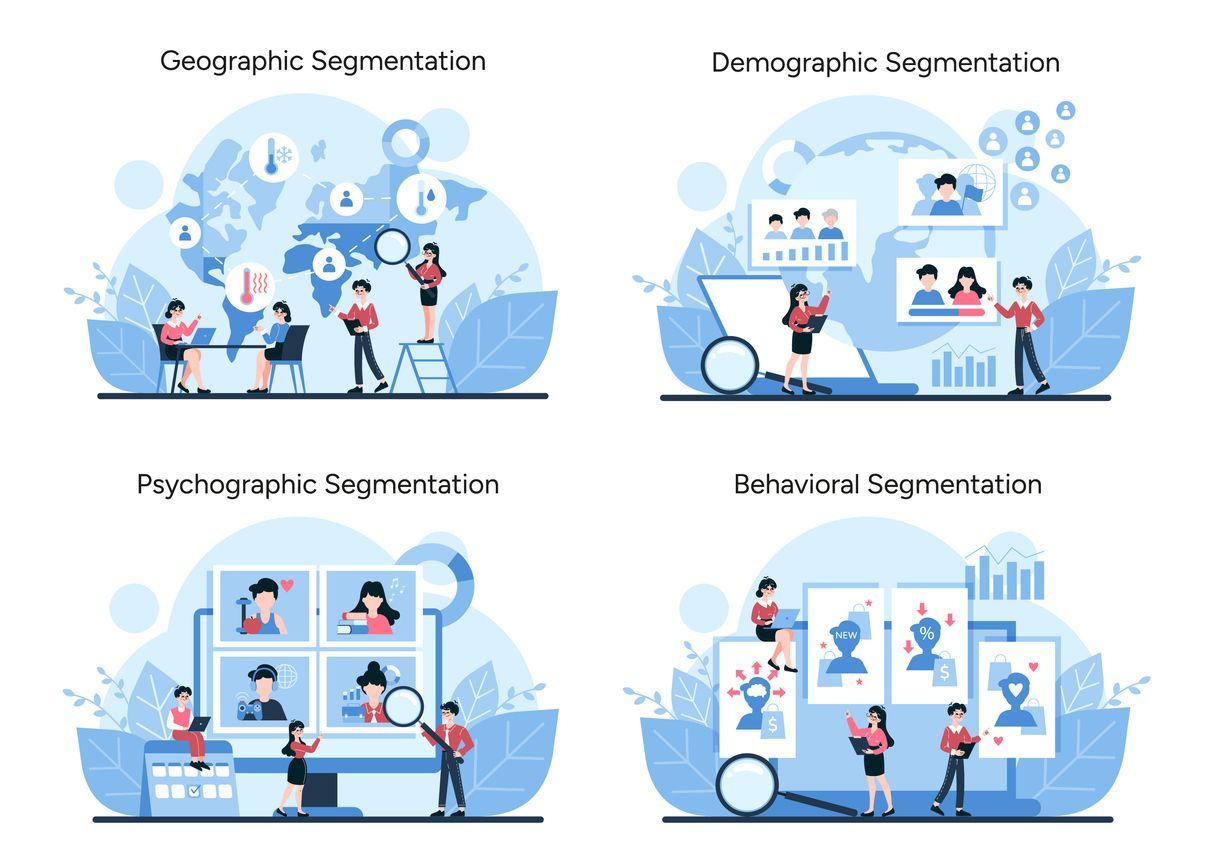Recruiting Differently: The Rise of Mad Skills
In a constantly evolving professional world, where technical skills quickly become obsolete, companies are seeking new ways to identify talents that will make a difference. In this context, Mad Skills (unconventional skills) are gaining increasing importance in recruitment. But what exactly are Mad Skills, and why have they become an essential selection criterion?
What are Mad Skills?
Mad Skills are non-traditional abilities, often acquired outside of the conventional professional framework, that bring unique value to a team or organization. These skills go beyond technical or academic qualifications; they stem from personal experiences, passions, or unconventional career paths.
Examples of Mad Skills:
Extreme sports: Mastering stress, the ability to make quick decisions.
Music or collaborative art: Teamwork, active listening, and group creativity.
Travel or expatriation: Cultural openness, adaptability, and curiosity.
Atypical career paths: Resilience, initiative, and creativity in overcoming obstacles.
Why are Mad Skills important?
In an increasingly complex work environment, Mad Skills provide several strategic advantages:
1. Fostering innovation
Unconventional skills bring new perspectives. For example, a candidate passionate about photography might offer a different approach to presenting a product or communicating a vision.
2. Strengthening Diversity
Mad Skills encourage a wealth of perspectives and working methods, enabling teams to tackle challenges from different angles.
3. Supporting adaptability
These skills are often linked to resilience and the ability to evolve in new or uncertain contexts—an essential quality in today’s professional world.
4. Boosting team dynamics
An employee who has developed Mad Skills, such as crisis management through rock climbing or organizing community events, can act as a catalyst for cohesion and efficiency.
How to identify Mad Skills during recruitment?
Mad Skills may not always appear on a resume but can be uncovered through in-depth conversations and innovative recruitment methods.
Ask different questions
Beyond standard questions, explore candidates' passions and personal experiences. For example:
"What activity are you passionate about, and how does it influence your way of working?"
"Tell me about a situation where you used an unusual skill to overcome a challenge."
Use situational exercises
Offer tasks or simulations that deviate from the norm to observe how candidates highlight their unconventional skills.
Value diverse career paths
Don't view an atypical background as a hurdle. Instead, ask questions to understand how these experiences enrich their work approach.
Integrating Mad Skills into company culture
To maximize the impact of Mad Skills, it is essential to create a culture that values diversity and originality. Here are a few ways to achieve this:
Encourage personal development: Provide employees with the space to explore and share their passions.
Create collaboration opportunities: Implement cross-functional projects where diverse skills can be expressed.
Celebrate unique contributions: Recognize innovative ideas born from unique experiences or talents.
Conclusion
In a world where technical skills are constantly evolving, Mad Skills represent a unique opportunity for companies to differentiate themselves and build innovative, adaptable teams. By incorporating these unconventional skills into your recruitment strategies, you’re not just filling a position—you’re transforming your organization.

FAQ
What are mad skills?
Mad Skills are unconventional skills acquired outside the traditional professional framework. They stem from personal experiences, passions, or non-traditional career paths, bringing unique value to organizations.
Why are Mad Skills important?
Mad Skills foster innovation, strengthen diversity, support adaptability, and enhance team dynamics. They bring fresh perspectives and enable professionals to tackle challenges in a complex work environment.
How to identify mad skills in a candidate?
Ask questions that explore passions and personal experiences, offer practical exercises to observe unconventional skills, and value atypical backgrounds during interviews. This approach helps uncover unique talents that can bring innovation and adaptability to your team!
Can Mad Skills replace technical skills?
No, Mad Skills do not replace technical skills. They complement them by adding qualities such as creativity, resilience, and adaptability. Together, they create a well-rounded professional capable of thriving in complex environments.
How to integrate Mad Skills into a company culture?
Encourage employees to explore their passions, create collaborative projects where diverse talents can shine, and celebrate contributions that stem from unconventional experiences. This fosters a culture of innovation and adaptability within the company.
Are Mad Skills suitable for all industries?
Yes, they are relevant in all industries. Mad Skills are especially valuable in environments that require innovation, creativity, and adaptability. They help professionals navigate change and bring unique perspectives to problem-solving.
Why is a traditional resume not enough to detect Mad Skills?
A resume focuses on formal qualifications and traditional experiences, but Mad Skills require deeper conversations and more creative assessment methods to be properly identified.
What is the impact of Mad Skills on a company's performance?
Mad Skills foster innovation, enhance team dynamics, and increase employees' adaptability, ultimately strengthening the organization's overall performance.
Are Mad Skills a trend or a lasting change?
Mad Skills represent a lasting evolution in recruitment, addressing the need for innovative and adaptable teams in a constantly evolving professional world.
How to start recruiting by valuing Mad Skills?
Adapt your recruitment processes, ask questions that explore unconventional career paths, and incorporate assessment methods that highlight non-traditional skills. This approach helps identify unique talents that drive innovation and adaptability.


SQUIPP
Votre partenaire de confiance en recrutement spécialisé dans la Recherche & Développement, les Affaires Réglementaires, l'Assurance Qualité, le Contrôle Qualité et la Production dans les secteurs chimiques, pharmaceutiques et biotechnologiques ainsi que les laboratoires
Liens utiles
Mentions légales | SQUIPP


